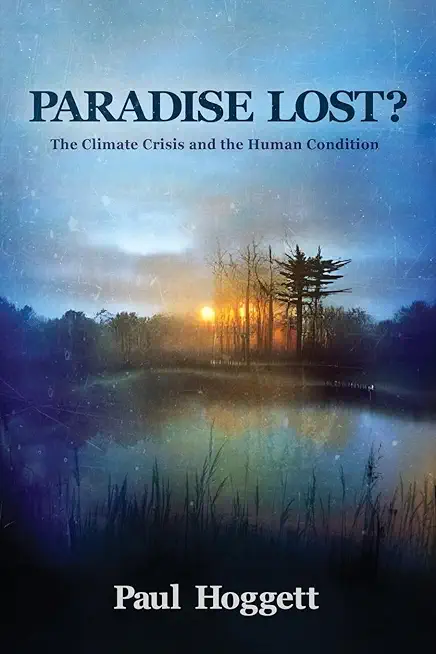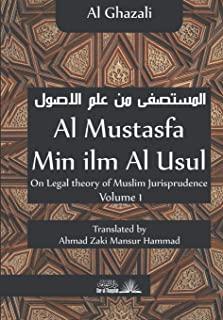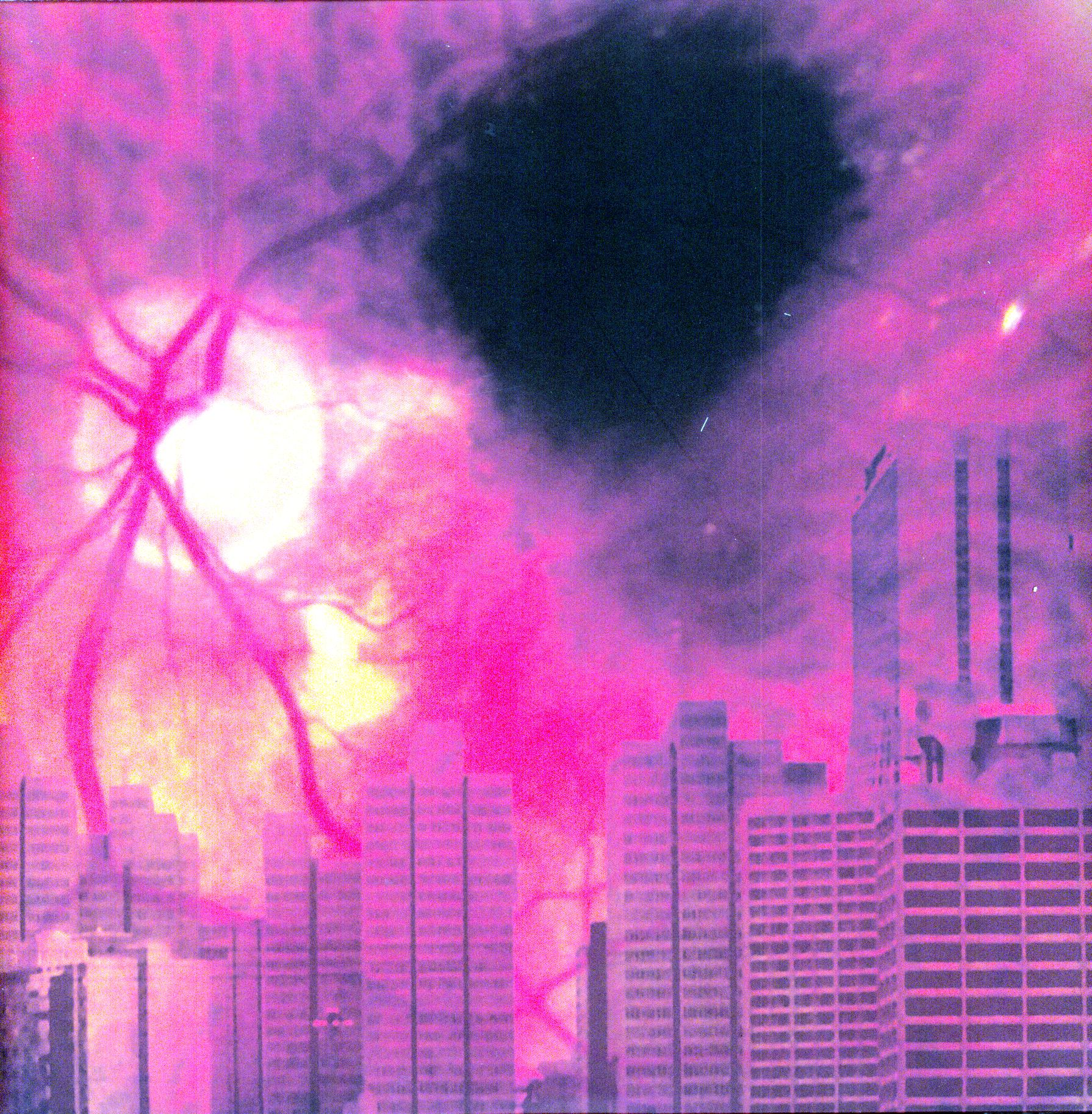
description
rgency worsens, moral challenges mount, particularly to citizens of the Global North whose economies have contributed most to the destruction we now all face. How has the 'self' of this modern citizen become so estranged both from external nature and its own nature as a finite physical being? And as individualism has increased has not our estrangement from each other also worsened? Consumed by restless longing and resentment, oppressed by time, haunted by shame, the neoliberal citizen now confronts a world of increasing ecological and social chaos.
Paradise Lost? examines how we can help each other find the strength to embrace the truth and be moved by it into a deeper engagement with the challenge posed by this emergency. In the process, this book explores the nature of catastrophism, tragedy, grief, hope, love and vitality, and how these contribute to personal and political engagement. Finally, from a psychological perspective, it criticises growth-oriented notions of wellbeing and demonstrates how something akin to paradise is to be found in the ordinary and everyday that surrounds us.
member goods
No member items were found under this heading.
Return Policy
All sales are final
Shipping
No special shipping considerations available.
Shipping fees determined at checkout.







